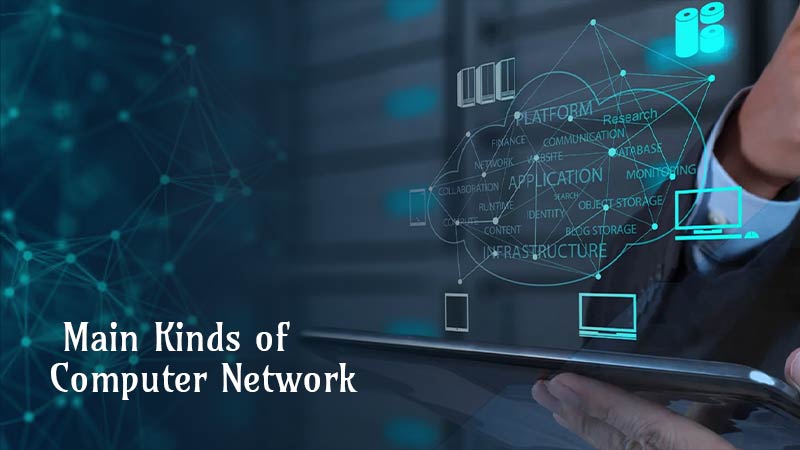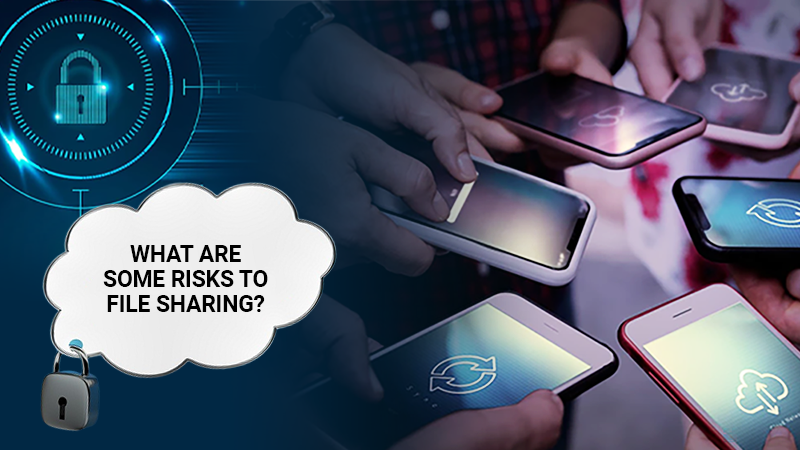The Essentials of Cyber Security Compliance in 2023
When there is a security breach in your business, challenging consequences can occur. In the event of such a security breach, all your private information is fully accessible. You may encounter many troublesome situations such as large fines paid for security vulnerabilities, time spent fixing bugs, and the amount of budget you lost. Overcoming these challenges requires the best-designed systems with the basics of cyber security and a detailed understanding of concepts and practices in cyber security.
A statistic shows that a total of 13 percent of all UK businesses respondents were aware of the cyber security essentials, of which 10 percent were aware among micro firms. Cyber security keeps your business secure with a perspective that complies with all necessary cyber rules to provide a consistent security solution. Cyber security essentially aims at securing infrastructure, devices, local networks, and work environments.
Cyber security technologies are a well-organized hybrid work package that will significantly improve the security of working remotely, enabling you to build, set up, and implement security policies and controls. It will be helpful to learn more about network security compliance and start to secure all your networks and cloud resources.
The Essentials of Cyber Security Compliance
Integrity
Integrity refers to protecting information from being changed by unauthorized persons. Only specific and authorized modification of information and programs is a requirement. Challenges that can compromise integrity include turning a machine into a “zombie computer”, embedding malware on web pages.
Standard measures to ensure integrity include:
- Cryptographic checksums
- Using file permissions
- Uninterruptible power supplies
- Data backups
Availability
Availability is to ensure that authorized parties have access to information when needed. Data is only valuable if the right people can access it at the right time. Information unavailability may occur due to security events such as DDoS attacks, hardware failures, programming errors, human errors.
Standard measures to guarantee availability include:
- Backing up data to external drives
- Implementation of firewalls
- Having redundant power supplies
- Data backup
Confidentiality
Confidentiality is about preventing data from being disclosed to unauthorized persons. It also means trying to protect the identity of authorized parties involved in sharing data and keeping it confidential and anonymous. Confidentiality is often compromised by cracking poorly encrypted data, Man-in-the-middle (MITM) attacks, and exposing sensitive data.
Standard measures to ensure confidentiality include:
- Data encryption
- Two-factor authentication
- Biometric verification
- Security tokens
Why is Cyber Security Important?
Cyber attacks can be quite expensive for businesses to bear. In addition to financial damage to the business, a data breach can also cause unknown reputational damage.
Cyber attacks are becoming increasingly destructive these days. Cybercriminals use more sophisticated ways to launch cyber attacks.
For the above reasons, cybersecurity has become an essential part of the business, and now the focus is on developing appropriate response plans that minimize damage in the event of a cyberattack. However, an organization or an individual can develop an appropriate response plan only when they have a good understanding of cybersecurity fundamentals.
Personal data should be kept private. As a result, it’s critical to handle your employees’ or clients’ data correctly. Unprotected data is subject to theft or leak, which can harm your company’s brand as well as its bottom line. Cyber security systems protect your data and provide secure access to it from inside and outside your network.
Also, Read: How Streamers on Twitch Ensure their Cybersecurity
How to Manage Cyber Security Compliance?
Organizations should monitor and analyze their systems regularly to verify that they are compliant with security and industry requirements. Moreover, organizations can make progress toward comprehensive security compliance by following a few simple steps:
- Identify any vulnerable activities or systems that are currently non-compliant.
- Determine the next actions toward compliance based on the resources required and the probable impact or severity of the situation.
- Execute those actions quickly and effectively, and handle any system issues that demand immediate attention.
- Keep track of the modifications you’ve made and how they’re working out.
Conclusion
Cyber security attaches great importance to the protection of the integrity, availability, and confidentiality of your communication, integration, tangible or intangible assets and even your electronic data in information systems. Moreover, it is necessary for every organization to have the best cyber security defense, since cyber security ensures that individuals or organizations can maintain their information processing systems reliably, protect them against cyber-attacks and unauthorized access.











